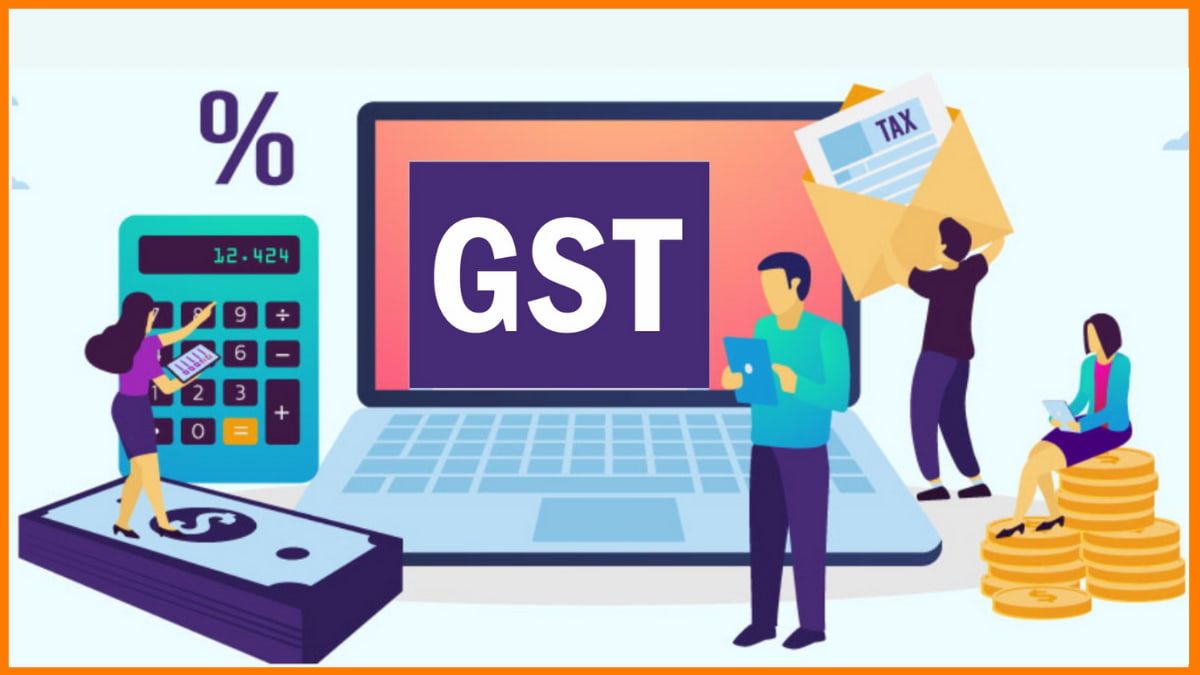How to Browse Singapore GST Registration for Your Company
How to Browse Singapore GST Registration for Your Company
Blog Article
The Ultimate Guide to Streamlining the GST Registration Process and Needs for Local Business Owners

Recognizing GST Essentials
To understand the basics of the Product and Services Tax (GST) system, small company owners must first comprehend its underlying principles and implications. GST is a value-added tax obligation imposed on a lot of goods and services for residential usage. It aims to improve the taxation procedure by changing several indirect taxes enforced by the state and main federal governments. Under the GST regimen, organizations are called for to accumulate and sign up tax obligation on part of the government, guaranteeing transparency and conformity.
One of the crucial principles of GST is input tax obligation credit report, which allows organizations to claim credit for tax obligations paid on their acquisitions. This device prevents the plunging effect of taxes and advertises efficiency in the tax system. In addition, GST is a destination-based tax, indicating that the tax obligation is levied at the point of intake as opposed to the factor of origin. This makes certain fair circulation of tax obligation income amongst states based on where the solutions or goods are eaten. Comprehending these standard principles is essential for local business owners to navigate the intricacies of the GST system and guarantee conformity with the regulation.
Qualification Standards for Enrollment
Having actually established a fundamental understanding of GST principles, little business owners have to now fulfill particular qualification requirements to continue with the registration process (Singapore GST Registration). Businesses that were registered under the previous tax obligation program (VAT, service tax obligation, and so on) are likewise mandated to register under GST. Agricultural companies that only supply create out of key manufacturing are excluded from GST enrollment.
Papers Required for GST Enrollment

Simplified Registration Process Steps
Complying with the collection and verification of the requisite papers, the enrollment process for GST can be navigated with a series of streamlined steps made to assist in effective compliance for local business owners. The primary step involves checking out the GST website and selecting the 'New Registration' option. Ultimately, the candidate must fill in Component A of the GST REG-01 type with information such as frying pan, mobile number, and email address to acquire an OTP for confirmation. When the OTP is obtained and entered, a Short-term Recommendation Number (TRN) is created for additional process. The next action calls for filling out Part B of the form with required business information, posting supporting files, and finishing the verification procedure making use of DSC or EVC. Upon effective verification, an Application Recommendation Number (ARN) is provided, indicating the completion of the GST enrollment procedure. By following these streamlined actions, local business owners can effectively register for GST and ensure conformity with tax laws.
Tips for Ensuring Conformity
To keep regulative adherence and functional stability, thorough oversight and aggressive procedures are pivotal in guaranteeing conformity with GST requirements for local business proprietors. Tiny service official statement proprietors need to remain upgraded with GST regulations, submitting due dates, and any type of changes in tax obligation prices to prevent penalties and keep a great standing with tax authorities. One crucial pointer for compliance is to maintain in-depth and accurate records of all purchases, including billings, invoices, and expenditures related to GST. On a regular basis integrating economic documents with GST returns can help in recognizing and fixing any discrepancies without delay. Additionally, carrying out regular inner audits or looking website here for specialist assistance can guarantee that business is adhering to all GST policies appropriately. It is also vital for local business proprietors to buy GST-compliant bookkeeping software that can enhance the tax obligation declaring process and decrease errors. Attending GST understanding workshops or training programs can boost understanding and conformity with GST policies, ultimately benefiting the company in the long run.
Conclusion
Finally, tiny organization owners should understand the fundamentals of GST, meet the qualification requirements, collect required papers, and adhere to the streamlined enrollment procedure actions to make certain compliance. By streamlining the GST registration process and requirements, small company proprietors can avoid penalties and operate their organizations efficiently within the legal structure - Singapore GST Registration. It is crucial for small company owners to stay educated and certified with GST laws to keep an effective service operation
Small company proprietors seeking GST registration must guarantee they collect and send the necessary files to finish the registration process successfully. The records needed for GST enrollment generally include proof of business registration or unification, FRYING PAN (Permanent Account Number) card of the organization identity, entity and address proof of the promoters/partners/directors, pictures, address evidence of the place of service, bank account declarations or terminated cheques, and permission kinds. Attending GST understanding read this workshops or training programs can improve understanding and compliance with GST regulations, eventually profiting the organization in the long run.
By simplifying the GST enrollment procedure and needs, tiny service owners can prevent charges and run their organizations efficiently within the lawful structure. It is critical for tiny organization proprietors to stay certified and enlightened with GST regulations to maintain an effective service operation.
Report this page